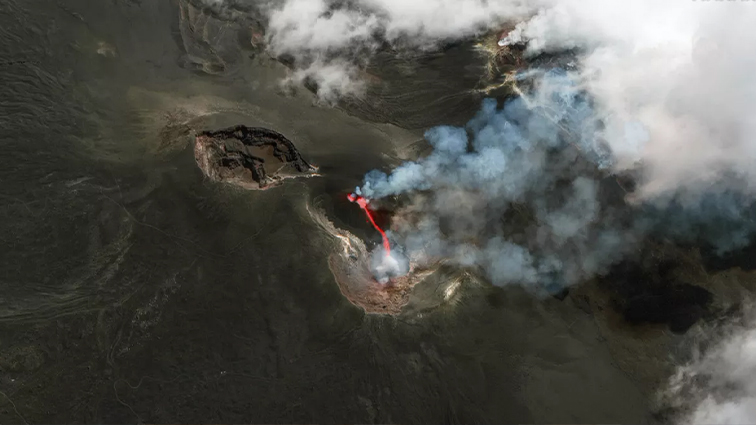The National Institute of Meteorology in Tunisia denied the existence of any negative impact of the activity of the Italian volcano Etna on air quality in Tunisia, despite its relative proximity to northern Tunisia.
Meteorological data showed that the levels of sulfur dioxide emitted from the volcano remained at low levels, even though the volcano is only 450 kilometers away from the northern coast of Tunisia.
The European Atmosphere Monitoring Center also confirmed that the effects of gases emanating from the volcano do not touch the surface of the earth, and do not pose a threat to public health in Tunisia.
Climate change expert, Hamadi Hashad, told Sky News Arabia that the winds contributed to moving sulfur dioxide gas eastward towards Libyan territory, and from there to the Egyptian desert without its impact reaching Tunisia, stressing that there is no evidence to support the rumors that spoke of the toxic gases reaching Tunisia.
Professor of Geography and researcher in natural hazards, Amer Behba, stressed that Etna’s volcanic activity did not affect sea currents or cause any drownings, stressing that the volcano is not considered one of the violent volcanoes that cause earthquakes.
He explained that the sulfur dioxide gas produced by the volcano is present in the upper layers of the atmosphere and is gradually disappearing, stressing that it does not represent an environmental danger at the present time.
The Etna volcano is active on the eastern coast of Sicily in Italy. It is the highest mountain in Italy, located at an altitude of 3,357 meters above sea level. It has erupted more than 200 times since 1600 BC, making it one of the most active volcanoes in Europe.
Tunisian olive oil export revenues increased by 80% to $1.41 billion
